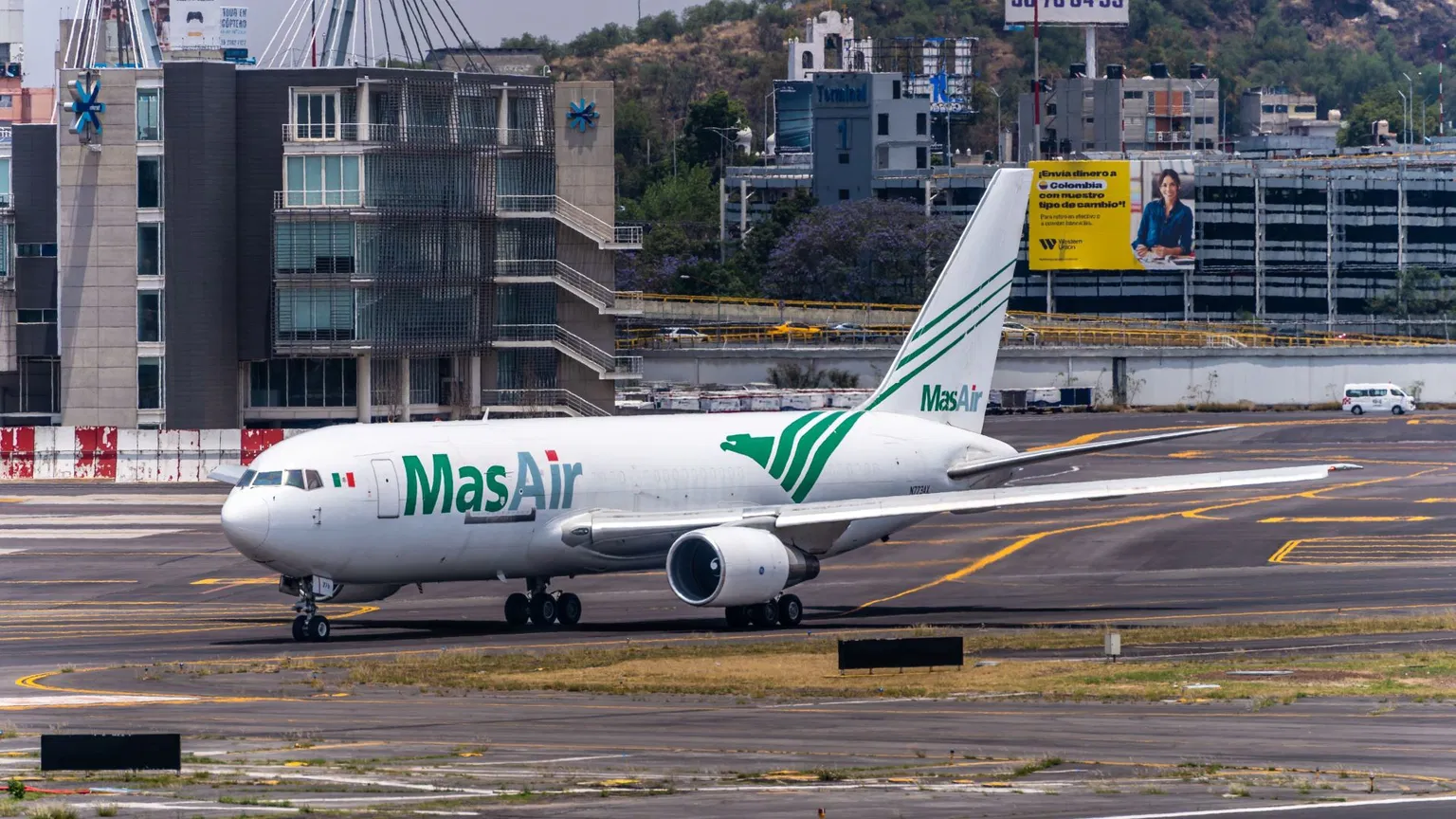Introduction to Aviation Compliance Issues
A recent decision by the U.S. Department of Transportation (DOT) to sanction Mexico over its alleged violations of a bilateral aviation agreement has sent ripples through the cargo airline industry. The actions highlight significant operational and financial implications for U.S. cargo carriers while emphasizing the importance of maintaining fair competition in international aviation.
Key Developments in the Aviation Dispute
- The DOT has accused Mexico of relocating cargo carriers to a less efficient airport and imposing restrictions on landing rights, which has adversely affected U.S. airlines.
- In retaliation, the DOT will be reviewing flight schedules of Mexican carriers, enforcing a ban on Mexican charter flights to the U.S., and may withdraw antitrust immunity for the Aeromexico and Delta Air Lines partnership.
- This situation acts as a caution to other nations contemplating unilateral restrictions on U.S. airlines, reinforcing the principles of the U.S. Open Skies Agreement.
- U.S. cargo airlines are backing the DOT’s actions, pointing to increased operational costs and potential disruptions to their services as a pressing concern.
The Impact on U.S. Cargo Airlines
The decision made by the DOT has the support of various stakeholders within the U.S. cargo airline sector, viewing it as a necessary response to unfair practices that restrict operational freedoms. The relocation of all-cargo carriers in 2023 to a secondary airport has caused widespread alarm, with the change increasing logistical complexities and operational costs.
In a statement, the president of the Cargo Airline Association praised the DOT for its decisive action. According to industry leaders, the move not only safeguards the interests of U.S. cargo operations but also ensures that similar actions by other nations do not become a norm, which could adversely affect global logistics.
DOT’s Enforcement Measures
To navigate these issues, the DOT has initiated several key enforcement measures:
- Flight Schedule Review: Mexican airlines must submit their flight schedules for examination to ensure compliance with U.S. legislation.
- Charter Flight Restrictions: A temporary prohibition on Mexican carriers for operating large charter flights without prior DOT approval aims to curb potential non-compliance.
- Imposing Antitrust Review: Possible withdrawal of antitrust immunity could disrupt cooperative pricing and operational strategies between Aeromexico and Delta Air Lines.
Reactions from Stakeholders
The response from U.S. cargo airlines has been overwhelmingly positive, expressing gratitude towards the DOT for defending their rights against possible adverse conditions set by foreign regulatory bodies. The disruption caused by the Mexican government’s actions, including the mandated switch to another airport and subsequent slot restrictions, underscores the potential dangers of unilateral actions by nations that can negatively impact competitive dynamics.
Mexico’s position surfaced when President Claudia Sheinbaum stated that they had not officially received notice about these sanctions and deeming them unjustified based on their internal regulations aiming to alleviate airport congestion. However, U.S. officials argue that such measures are fundamentally harmful to fair competition and logistics efficiency in aviation.
The Broader Aviation Landscape
As this situation unfolds, it is crucial to acknowledge that the implications stretch beyond just U.S.-Mexico relations. Various nations are keeping a close watch on this case, as its outcomes could inform potential future disputes regarding air transport agreements globally. U.S. authorities are particularly wary that similar strains in air service agreements could threaten the Open Skies framework essential for unrestricted international travel and logistics.
Conclusion and Observations
The recent actions taken by the U.S. DOT in response to Mexico’s airline policies underscore the delicate balance needed in international aviation agreements. The ongoing situation makes it clear that bypassing established agreements can lead to significant consequences for market participants. For those dealing with logistics, these developments may similarly affect operational strategies and planning, as shifts in aviation rules can influence the flow of cargo across borders.
Even the most transparent systems have their complexities, and personal experience often adds clarity that reviews alone can’t achieve. As logistics needs evolve, platforms like GetTransport.com provide flexible, affordable solutions tailored for cargo transportation. With options that include global deliveries and adaptable logistics, GetTransport.com makes moving cargo simple and efficient. Whether it’s a home move or transporting bulky items, GetTransport.com stands ready to deliver seamless logistics solutions that address diverse transportation challenges. Start planning your next delivery while keeping your options open. احجز مشوارك على GetTransport.com.
\r\n
 شركات الطيران الأمريكية للشحن الجوي تؤيد فرض عقوبات على لوائح الطيران في المكسيك">
شركات الطيران الأمريكية للشحن الجوي تؤيد فرض عقوبات على لوائح الطيران في المكسيك">